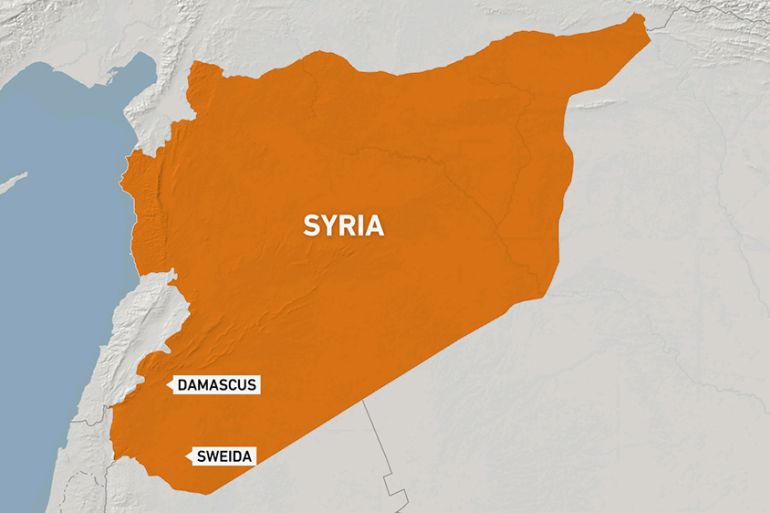Rattled by a predawn wave of Israeli air raids and sweeping troop movements, the already-volatile frontier between Israel and southern Syria has entered its tensest phase in years. More than ten airstrikes struck Syrian Arab Army (SAA) positions in Suwayda Province shortly after midnight, Israeli and Syrian media reported, rattling the mainly Druze governorate and prompting urgent international appeals for calm.
Israeli stance: “No second Lebanon on our border”
Speaking in Jerusalem, Prime Minister Benjamin Netanyahu reiterated what he called Israel’s “commitment to preserve the south-western region of Syria as a demilitarized area.”
“We will not allow a return to the situation where a second Lebanon is being established there,” he declared, adding that Israel bears a “moral obligation to safeguard the Druze locals.” Netanyahu confirmed that intensive operations are underway and warned Damascus that “whether further operations are needed depends entirely on what is—and is not—done by the Syrian government.”
Echoing the premier, Security Minister Yoav Gallant issued an explicit demand that Syrian government forces withdraw from Suwayda and “leave the Druze alone,” threatening an expanded campaign if the message “does not reach Damascus.”
Military buildup on the Golan Heights
Israeli television networks reported that the Israel Defense Forces (IDF) have deployed two additional battalions to the Israel–Syria frontier, reinforcing armor and artillery already stationed on the Golan Heights. Residents in northern Israel said they saw long convoys of troop carriers overnight, while IDF drones orbited the border area after daybreak.
Although the Israeli military, in line with long-standing policy, neither confirmed nor denied responsibility for the strikes, Hebrew-language outlets quoted security officials as saying that warplanes and UAVs conducted the hour-long raid against “radar stations, artillery batteries and forward command posts” used by the SAA’s 1st Corps.
Damascus urges civilians indoors
In a brief communique, the Syrian Defense Ministry advised Suwayda residents to remain in their homes and report any militants, an apparent reference to rebel factions and local armed Druze groups. Syrian authorities released no casualty tallies, but civil-defense volunteers told local reporters that several soldiers were wounded and at least one communications tower was destroyed.
A Syrian Foreign Ministry spokesperson condemned the strikes as “naked aggression” and vowed to raise the matter at the United Nations Security Council, accusing Israel of exploiting Druze concerns “to carve out a buffer zone on sovereign Syrian soil.”
UN chief calls for de-escalation
UN Secretary-General António Guterres voiced “deep concern” over the spiraling violence, urging “an immediate de-escalation and full protection of civilians.” While condemning “repeated Israeli airstrikes,” he also appealed to all parties to respect Syria’s sovereignty and called for a “transparent investigation so those responsible can be held accountable.”
Diplomats in New York said an emergency Security Council session could be convened as early as Thursday, though any resolution is expected to face familiar veto dynamics.
What’s next?
Analysts warn that Israel’s twin objectives—preventing Iranian-backed militias from entrenching near its border and shielding the Druze minority—are colliding with Damascus’s determination to reassert control over every province. Whether the latest exchange stays limited or slides into a broader confrontation may hinge on immediate Russian and U.S. diplomacy, as both powers retain leverage over their respective allies.
For Suwayda’s 800,000 residents, the calculus is more urgent: How long the skies above the volcanic plateau will remain a battleground is suddenly anyone’s guess.
Map: Al Jazeera
